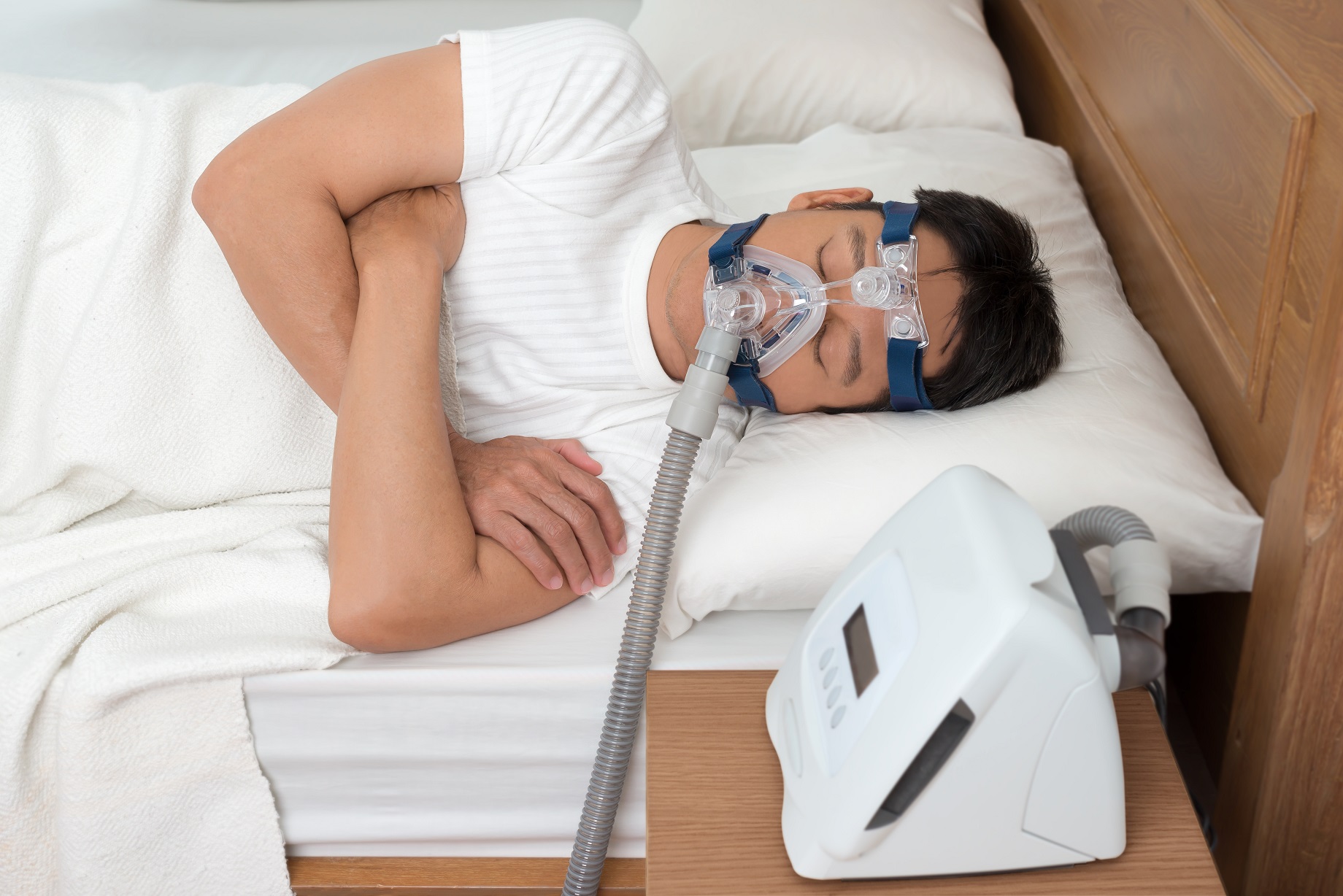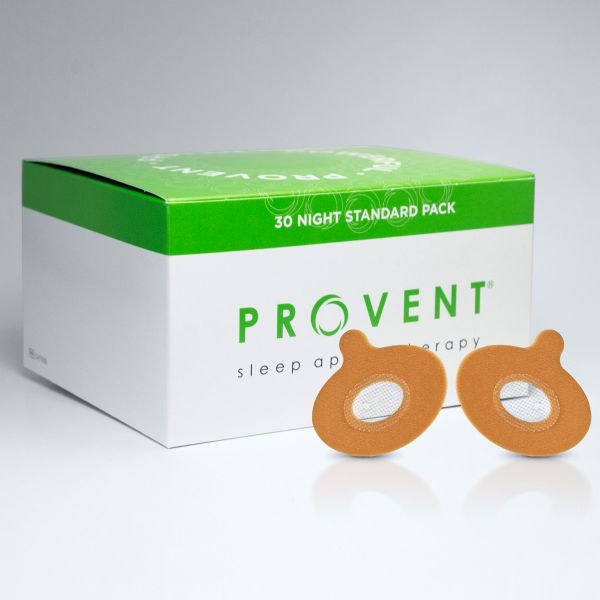Effective Therapy Solutions for Handling Sleep Disorders and Enhancing Restful Rest
In the realm of health care, the monitoring of sleep conditions and the pursuit for relaxing sleep are crucial components of general well-being. As we browse the intricate landscape of sleep conditions and look for to enhance our sleep experience, a much deeper understanding of these therapy options may hold the key to opening an extra refreshing and meeting restorative trip.
Cognitive Behavior Modification for Sleeping Disorders (CBT-I)
Cognitive Behavior Modification for Insomnia (CBT-I) is an organized, evidence-based treatment technique that concentrates on addressing the underlying elements contributing to rest disruptions. This kind of treatment intends to modify behaviors and thoughts that exacerbate sleeplessness, inevitably promoting healthy sleep patterns. CBT-I commonly entails numerous vital parts, consisting of cognitive therapy, sleep restriction, stimulus control, and rest hygiene education.
Cognitive therapy aids individuals recognize and transform unfavorable idea patterns and ideas concerning rest that might be preventing their ability to fall or remain asleep. Rest limitation includes limiting the amount of time spent in bed to match the individual's actual sleep period, thereby raising rest performance (insomnia therapy). Stimulation control strategies assist establish a solid organization in between the bed and sleep by encouraging individuals to visit bed just when sleepy and to avoid participating in stimulating tasks in bed
Additionally, sleep hygiene education and learning concentrates on developing healthy and balanced sleep habits, such as keeping a constant sleep schedule, developing a relaxing going to bed routine, and maximizing the sleep setting. By addressing these aspects thoroughly, CBT-I supplies an efficient non-pharmacological treatment for managing sleeping disorders and boosting general rest high quality.
Sleep Health Practices
Having established the foundation of cognitive restructuring and behavior alterations in addressing sleep problems via Cognitive Behavior modification for Sleeplessness (CBT-I), the emphasis currently moves in the direction of checking out important Rest Health Practices for preserving optimal rest quality and total well-being.
Rest hygiene practices incorporate a series of behaviors and environmental factors that can considerably influence one's capability to drop asleep and remain asleep throughout the evening. Consistent sleep and wake times, producing a relaxing going to bed regimen, and optimizing the rest setting by maintaining it dark, quiet, and cool are vital components of great rest hygiene. Limiting direct exposure to screens before bedtime, staying clear of stimulants like caffeine close to bedtime, and involving in normal physical activity during the day can also promote better sleep high quality.
Furthermore, exercising relaxation methods such as deep breathing exercises or reflection prior to bed can aid relax the mind and prepare the body for rest. By integrating these sleep hygiene techniques right into one's everyday routine, people can develop a healthy sleep pattern that supports relaxed rest and overall well-being.
Relaxation Strategies and Mindfulness
Implementing relaxation methods and mindfulness methods can play an essential function in fostering a feeling of calmness and promoting top quality sleep. sleep disorder treatment. These strategies aim to quiet the mind, click here for more info minimize tension, and create an optimum environment for relaxed rest. One commonly exercised method is deep breathing workouts, where individuals concentrate on slow, deep breaths to loosen up the body and mind. Progressive muscle leisure involves tensing and after that releasing each muscle mass team, promoting physical leisure. Additionally, led imagery can aid carry individuals to a tranquil place in their minds, assisting in stress and anxiety decrease and boosting sleep high quality.
By incorporating these methods into a bedtime routine, individuals can indicate to their bodies that it is time to take a break and prepare for sleep. Overall, incorporating relaxation methods and mindfulness practices can considerably contribute to managing rest conditions and improving overall rest top quality.

Medication Options for Sleep Disorders
After discovering relaxation methods and mindfulness techniques as non-pharmacological interventions for enhancing sleep quality, it is necessary to consider medication choices for people with rest problems. In situations where way of life adjustments and therapy do not supply enough alleviation, medicine can be an important device in taking care of sleep disturbances.
Typically recommended drugs for sleep disorders include benzodiazepines, non-benzodiazepine hypnotics, antidepressants, and melatonin receptor agonists. Benzodiazepines, such as diazepam, are sedatives that can aid cause sleep, yet they are typically suggested for temporary usage due to the threat of dependence. Non-benzodiazepine hypnotics like zolpidem are likewise used to treat sleeping disorders and have a reduced danger of dependancy compared to benzodiazepines. Antidepressants, such as trazodone, can be valuable for individuals with co-occurring depression and sleep disruptions. Melatonin receptor agonists, like ramelteon, target the body's natural sleep-wake cycle and can be valuable for managing sleep patterns.
It is vital for individuals to speak with a doctor to establish the most appropriate drug option based upon their specific rest condition and clinical background.
Light Treatment for Body Clock Law
Light therapy, additionally understood as photo-therapy, is a non-invasive treatment approach made use of to control body clocks and boost sleep-wake cycles. This therapy entails go to this website exposure to intense light that imitates natural sunshine, which aids to reset the body's biological rhythm. By revealing individuals to details wavelengths of light, commonly in the morning or night depending on the preferred effect, light treatment can successfully change the circadian rhythm to promote wakefulness during the day and improve relaxed rest during the night.
Research has shown that light therapy can be especially advantageous for people with body clock disorders, such as delayed rest stage syndrome or jet lag. It can also be handy for those experiencing seasonal affective condition (SAD), a kind of depression that commonly happens throughout the winter season when natural light exposure is reduced. Light treatment is generally well-tolerated and can be made use of along with various other therapy approaches for rest problems to maximize outcomes and improve general sleep high quality.
Final Thought
Finally, efficient therapy options for handling sleep problems and boosting relaxed rest consist of Cognitive Behavioral Treatment for Sleep Problems (CBT-I), rest hygiene methods, leisure methods and mindfulness, drug choices, and light treatment for circadian rhythm guideline. These techniques can assist individuals improve their sleep top quality and overall wellness. It is important to speak with a doctor to determine the most ideal method for attending to rest issues.
As we navigate the elaborate landscape of rest conditions and anxiety waking me up seek to enhance our rest experience, a much deeper understanding of these therapy remedies might hold the trick to unlocking an extra refreshing and fulfilling corrective trip.
Sleep constraint entails restricting the amount of time spent in bed to match the individual's actual rest period, thus enhancing rest performance. Consistent sleep and wake times, producing a relaxing going to bed routine, and optimizing the sleep atmosphere by maintaining it dark, peaceful, and cool are crucial parts of great sleep health. Light therapy is usually well-tolerated and can be used in conjunction with other treatment techniques for rest conditions to maximize results and boost overall rest quality.

Comments on “Specialist Insomnia Counseling - Obtain Specialist Advice”